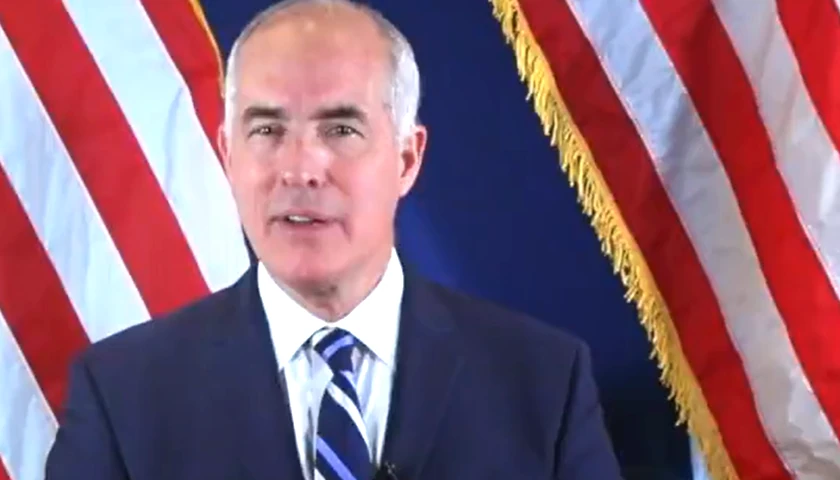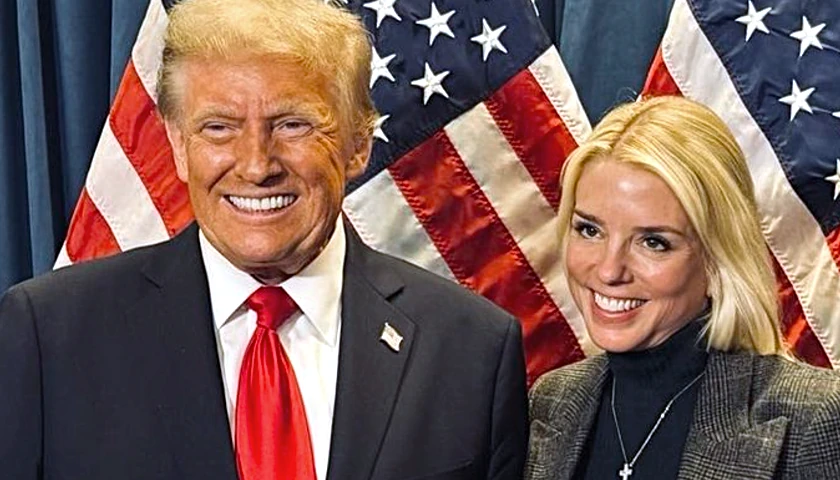by Kevin Daley
The 7th U.S. Circuit Court of Appeals rejected former Rep. Aaron Shock’s request to toss out indictments against him on constitutional grounds Wednesday, in a massive blow to his efforts to duck a criminal trial.
Shock hoped rulings from other federal courts affording special status to the internal rules of the House of Representatives might shield him from criminal prosecution, but a three-judge panel repudiated those theories.
“The ruling is not consistent with those rendered by other U.S. Courts of Appeals in similar circumstances, thus we will be evaluating our options regarding further appeal on these constitutional issues,” Shock’s attorney, George Terwilliger, said in a statement.
 The former congressman, a Republican, resigned in disgrace in 2015 after press accounts revealed profligate spending practices. He was subsequently charged with wire fraud, mail fraud, and submitting false tax returns.
The former congressman, a Republican, resigned in disgrace in 2015 after press accounts revealed profligate spending practices. He was subsequently charged with wire fraud, mail fraud, and submitting false tax returns.
Shock argued his actions were protected by the Constitution’s speech and debate clause, which provides immunity to members of Congress when they are engaged in official legislative activities. The indictments impermissibly draw from the internal rules of the House of Representatives, he further said. The Constitution’s rule-making clause grants the House alone the prerogative to set its rules and punish members. Shock’s lawyers contend federal prosecutors — officers of the executive branch — cannot bring charges for violations of those internal regulations without violating the separation of powers.
[ RELATED: Judge Gives Avenatti A Choice: Give Up TV Or Leave My Court ]
In his opinion from the three-judge panel, Judge Frank Easterbrook made short work of these arguments. Courts regularly interpret the internal rules of private and public entities during criminal prosecutions, the judge explained.
“The proposition that if Body A has sole power to make a rule, then Body A has sole power to interpret that rule does not represent established doctrine,” Easterbrook wrote. “Microsoft Corporation has the sole power to establish rules about how much its employees will be reimbursed for travel expenses, but no one thinks that this prevents a criminal prosecution of persons who submit fraudulent claims for reimbursement.”
He declined to resolve the second contention on jurisdictional grounds. Easterbrook concluded the rule-making clause establishes an institutional rather than personal immunity, and the Supreme Court only allows pre-trial appeals for arguments relating to the latter.
Four other circuit courts permit appeals of the sort Shock sought.
Shock can now ask the full 7th Circuit or the U.S. Supreme Court to review the decision.
– – –
Kevin Daley is a reporter at Daily Caller news Foundation. Follow Kevin on Twitter.




